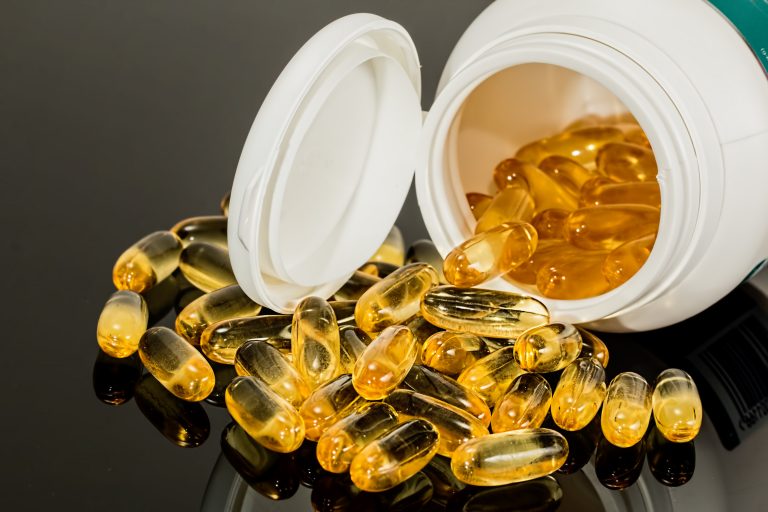There is plenty of discussion around the legalization of cannabis in the United States. Part of the debate is due to the medical effects that the plant can have. The cannabis plant has two main active ingredients, THC and CBD.
THC is the main compound in marijuana, and it’s the one that gets you high.
CBD is the ingredient known for reducing anxiety and providing a very organic calming sensation. The important distinction here is that THC has psychoactive properties, while CBD does not.
In the last few years, CBD oil seems to have become a health industry buzzword. But is it okay to consume CBD products while in recovery from addiction?
Some people in recovery may frown on seeking this sensation, and classify it as relapse behavior, even if it is not itself a relapse. However, according to the World Health Organization, “In humans, CBD exhibits no effects indicative of any abuse or dependence potential…. To date, there is no evidence of public health related problems associated with the use of pure CBD.”
What Does the Law Say About CBD?
You may have seen it in pharmacies or wellness spas – even pet food and coffee shops are incorporating it into their products! But being a compound in marijuana, an illegal drug, how can CBD oil be so easily available?
Because it isn’t a psychoactive ingredient and has legitimate medical benefits, CBD can be purchased in most states without restriction, even though the federal government still classifies it in the same category as marijuana. It’s a strange and complex grey area, legally speaking. The sale and purchase of CBD is allowed under the 2018 Farm Bill if the CBD is extracted from hemp (a cannabis plant containing less than 0.3% THC). That said, CBD is only legal in 33 states.
We told you it’s complicated.
What Do Most Recovery Programs Say About CBD?
The question of whether or not you should use CBD when in recovery is related to the topic of using pain medication to treat extreme cases of pain. These cases are often associated with major injuries or terminal illness, or using drugs containing DXM. Whether or not someone should use CBD in recovery really depends on the person, and how strict they want their program to be.
The safest avenue would be to avoid the use of anything that can alter the mind, but then that steers us into the conversation of substances like tobacco and caffeine as having mind altering properties. It’s all relative, and at the end of the day, the decision of whether it is safe to use such substances is between you and your higher power.
Institutions that are focused on rehabilitating people from drug and alcohol addiction each have to draw a line in the sand as far as their stance on these types of “grey area” substances. While some programs may allow the use of CBD and DXM as needed to treat legitimate conditions, still others prohibit even the use of caffeine and tobacco because of their mind-altering properties. While these programs may be able to control the use of substances such as these within their walls, it all changes when a client leaves treatment. Then they have to make the decision of where to draw the line in the sand for their own program.
How to Decide What’s Best for You
A general rule of thumb is that everything is dependent on the nature of your spiritual condition. If there is a good connection with a higher power of your own understanding, then the decision of whether or not to use a “grey area” substance becomes very clear. Ultimately it is all a matter of intention, as it is with most questions surrounding recovery.
If it is your intention to use something like CBD for its medical purposes, rather than to try to experience a sensation that changes the way you feel, then there is safety in the truth of that intention. Consulting with your sponsor or another person working a strong program is always a good move, especially if there is some uncertainty.
In the end, a good rule to follow is to decide whether you really need it for something you are legitimately struggling with. If there are other, safer ways of dealing with those struggles, then you probably have no business experimenting with something that may jeopardize your recovery.
If you feel you have jeopardized your recovery and may be relapsing, get help as soon as you can. At Any Length, we specialize in helping men find lifelong recovery from their addiction. Give us a call at (512) 746-7036 today.

